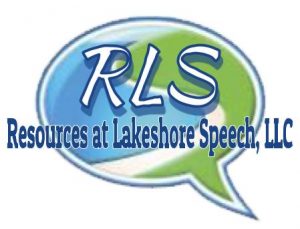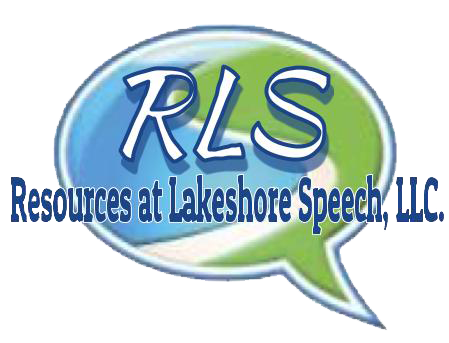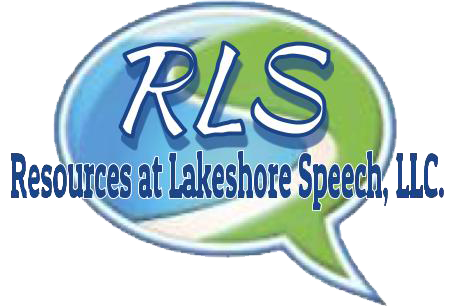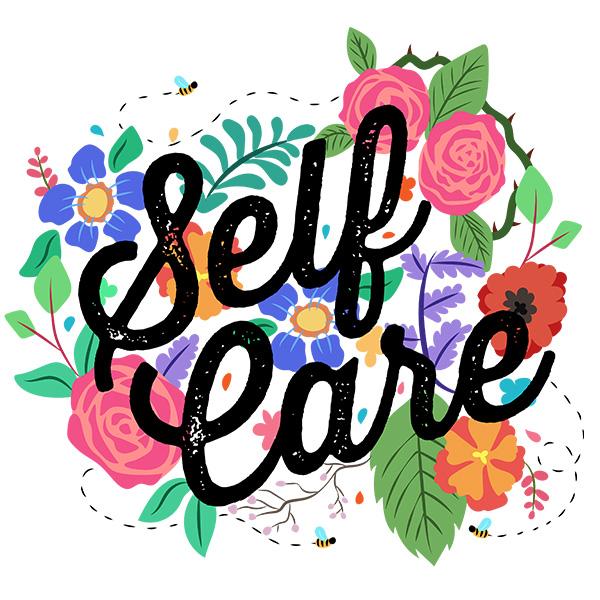Here’s to the success and survival of the big day! Given the millions of new toys that may now ‘live’ in your home, nothing is quite as exciting for some children as the boxes that once housed those toys. Why is that a thing? Generation after generation have been stymied by the same question.
Who are we to question? Turn those hours of climbing in boxes into therapy opportunities.
Large or small, playing with boxes, or any toys, is a wonderful way to practice shared attention, turn taking, and sharing. These exchanges, for a moment or a while, are so important to developing conversation skills, play skills, and social skills.
Large boxes – let the creativity go wild. Large boxes are ideal for creating a playhouse, cave, tent, or castle. Add a few blankets and pillows and a flashlight and you have the makings of hours of imaginative play. Not only are these great vessels to take imaginations to the outer limits, these are wonderful oases of quiet. The language opportunities are never ending. Every empty box needs decorations. A few crayons and stickers and a masterpiece is born. Requesting crayon colors or stickers or continuation of the activity are all ways to get a little language practice in with no one being the wiser.
Medium boxes aren’t just for sweaters or shirts anymore. Line the floor with opened boxes and create games of moving in and out of the boxes – lily pad jumping, indoor hopscotch. These games can incorporate vocabulary and language concepts of in, out, go, stop, more, waiting for your turn, etc. All important skills for developing and practicing language.
Small boxes – the gems of the box family. Tape these closed and use as building blocks – great for individuals with dexterity issues. Build box towers. Up, on top, bottom, more, help, crash, boom, uh-oh – vocabulary and language concepts waiting to be part of the tower construction.
Once the boxes lose their charm, it’s off to the recycling bin! However, the opportunity to practice language and social skills will never lose its charm!
Yours in Speech,
Lakeshore Speech Therapy, LLC.















